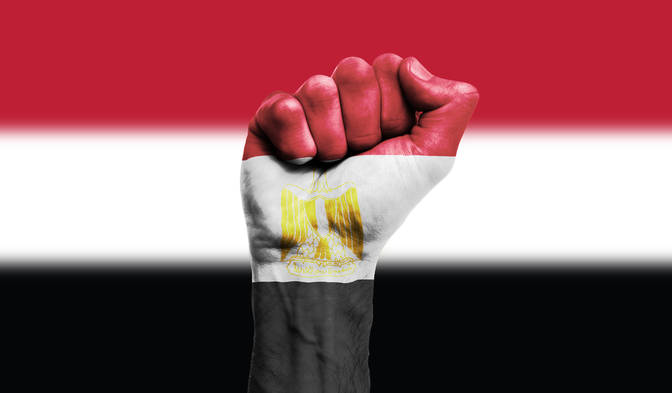Revolution Day
July 23, Wednesday

Historical Background
The revolution was led by the Free Officers Movement, a group of nationalist military officers in the Egyptian army. Key figures included General Mohamed Naguib and Colonel Gamal Abdel Nasser. On July 23, 1952, the group successfully overthrew King Farouk, marking the end of the Muhammad Ali Dynasty and British influence in Egypt.
Significance of the Revolution
The revolution had a profound impact on Egypt and the Arab world. It led to:
- The abolition of the monarchy and the declaration of a republic in 1953
- Land reforms and redistribution to benefit peasants
- The nationalization of the Suez Canal in 1956
- A rise in Arab nationalism, particularly under Nasser’s leadership
How is Revolution Day Celebrated?
Revolution Day is a public holiday in Egypt, and it is marked by:
- Military parades and patriotic displays
- Speeches by political leaders
- Public celebrations and cultural events
- Television programs and documentaries about the revolution
Modern Relevance
While the revolution occurred over 70 years ago, it remains a defining moment in Egypt’s modern history. The holiday serves as a reminder of Egypt’s struggle for independence and sovereignty, and it continues to be a source of national pride.
Revolution Day on July 23 is more than just a day off; it is a celebration of Egypt’s transformation from a monarchy to a republic and a tribute to the leaders and citizens who shaped the nation’s future.
